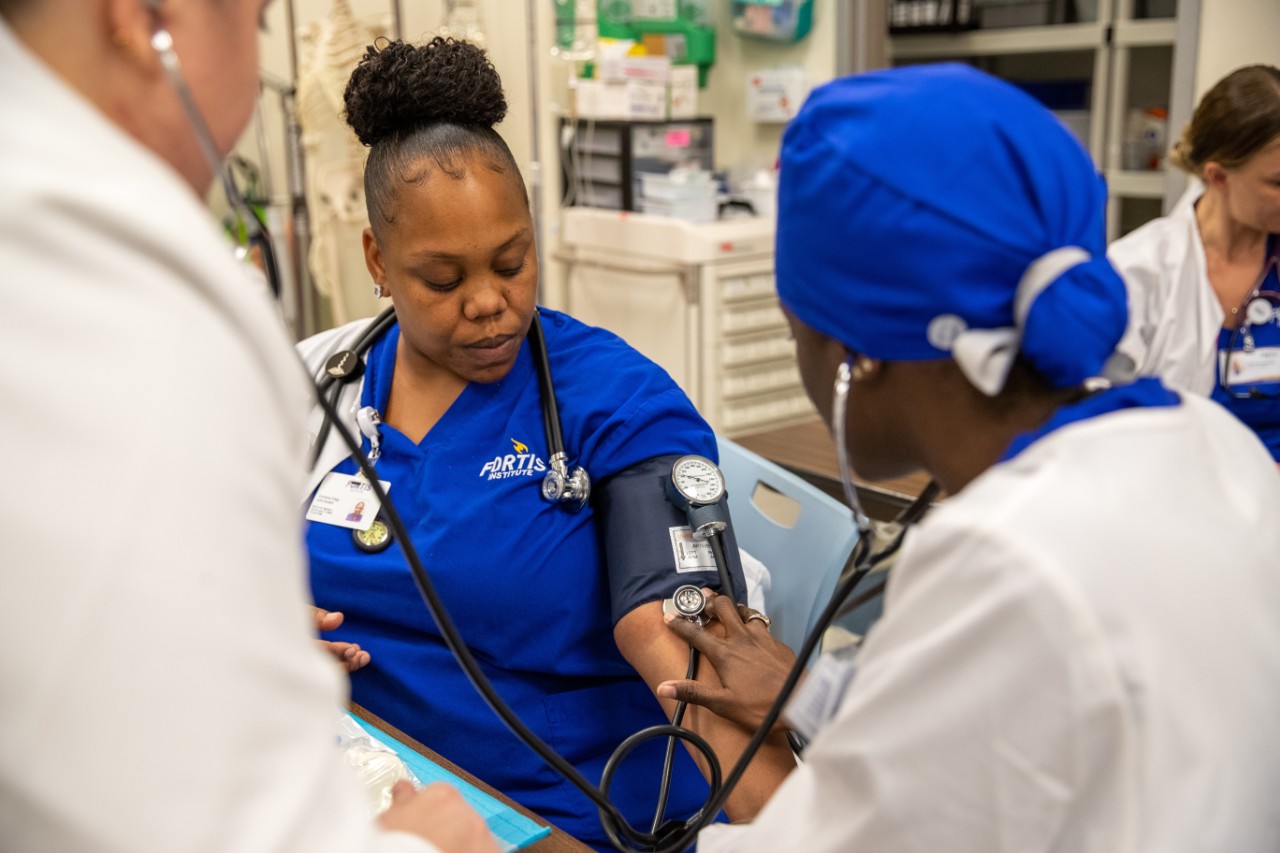Women’s health is a rewarding career area with multiple pathways for working with women. Nurses are often the first point of contact when someone arrives for her appointment, and that’s a great opportunity to put her at ease and educate her on some of the health issues specific to females. Here are few of the healthcare areas in which nurses can work with women.
Women’s Health Nurses
- Typically, a nurse in this role will work in a physician’s office or clinic. In this specialty, nurses work with women of all ages, from the teen years through old age.
- When women come in for their wellness check-ups, nurses document their health history, help them understand health issues, conduct physical exams or accompany a physician performing the exam, and educate women on health topics like birth control, cardiovascular disease, breast cancer, stroke, and menopause.
- Female nurses can be a bridge between female patients and a male primary care provider.
Obstetrics and Gynecology Nurses
- Nurses who specialize in obstetrics and gynecology will see women for many of the same wellness issues they see in a women’s health clinic or physician office, but they specialize in women of reproductive age.
- They will see women for pap smears, breast exams, birth control, and reproductive health issues. They’ll also see pregnant women and counsel them on prenatal care through their pregnancy.
- These nurses typically work in physician offices or other outpatient facilities that handle obstetrics and gynecology.
Labor and Delivery Nurses
- In the labor and delivery wing of a hospital, nurses are on the front lines of female healthcare, helping women through childbirth, assessing and caring for the newborn, and monitoring the new mother.
- Labor and delivery nurses handle things like tracking the heart rates for mother and fetus, measuring contractions, coaching breathing techniques, assisting during an emergency C-section, and monitoring both mother and baby. These nurses specialize in labor and delivery and typically work in a hospital setting.
Lactation Consultant
- These specialists typically have an RN license and have also passed the IBLCE exam. Nurses with lactation expertise could work in a hospital maternity ward or in private practice, helping women with breastfeeding problems or questions once they’re home.
- Lactation consultants hold classes on breastfeeding, help women evaluate latch issues with their baby, educate about and treat mastitis, and advise new moms about breast pumps. They may also evaluate for post-partum depression.
These are just a few of the options for working with female patients. If becoming a nurse in women’s health sounds like a good fit for you, Fortis can help you take the first step of pursuing your nursing education. Click here for more information or call us today at (855) 436-7847 and speak to one of our career advisors.


